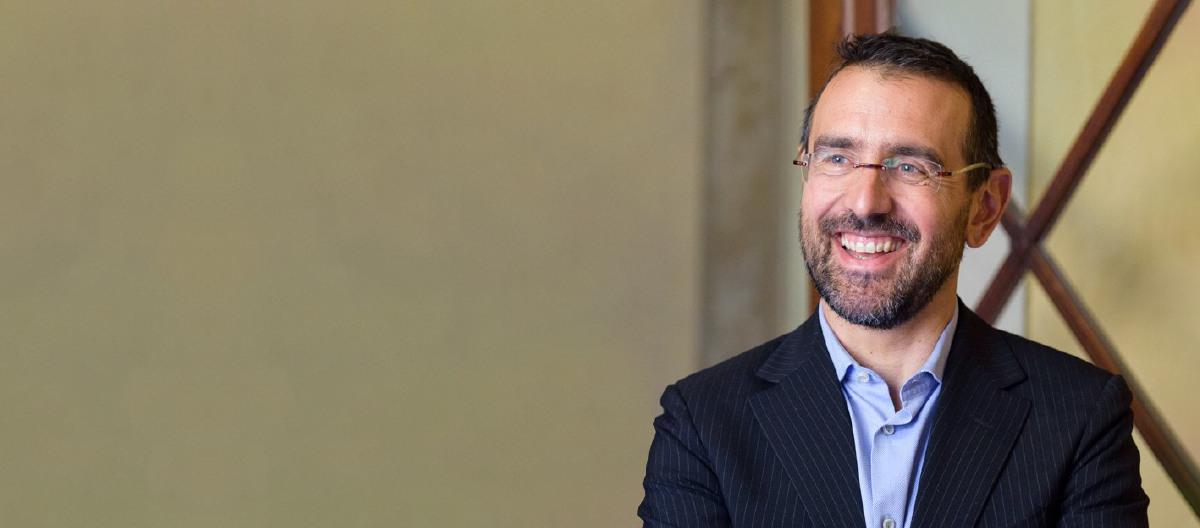
Innovation and Practice in the Master in HR & Organization: An Interview with Francesco Rossi
24 April 2024In an era marked by rapid changes in the employment landscape, the Master in HR & Organization at Bologna Business School stands out for its innovative and efficient approach. Francesco Rossi, Senior Partner at PRAXI S.p.A. and member of the faculty, shares his insights on the importance of combining theory and practice in human resources and the need for targeted training for those aspiring to become leaders in the sector. In this interview, Rossi also highlights the trends and essential skills for future HR professionals in a global context.
What is the fundamental focus of your course in the Master in HR & Organization at BBS, and what are its objectives?
The focus is on the entire recruitment and selection process, from the moment a need arises within an organization or company to add a new person to the successful completion of the probationary period and onboarding, covering all intermediate steps (analysis, search, screening, evaluation, interviews, selection, negotiation, etc.). The goal is to provide a solid foundation for a career as a Recruiter, whether in headhunting firms or as a specialist within corporate HR departments.
One of the strengths of Bologna Business School’s courses is the combination of academia and business, thanks to a mixed faculty composed of successful academics and professionals like yourself. What do you think is the added value of this approach in the specific case of the Master in HR & Organization?
The added value is undoubtedly that of enabling students to ‘experiment’. Each year, the course uses a real case, an actual selection process that concluded in the months before the start of the course. The managers of the company and some of the candidates involved, including the person who was actually hired, voluntarily participate in simulations with the students, who for a day become ‘real’ recruiters, interviewers, etc. Thus, a theoretical part – which includes topics such as interview techniques, how to write a job advertisement, the most widespread and effective assessment tests and tools, how to effectively manage the onboarding of new hires in the company, etc. – is always complemented by an extremely practical component.
What trends and innovations do you foresee having the greatest impact on HR practices in businesses in the coming years, and what skills do you believe need to be developed to understand and manage them effectively?
AI and technology, in general, have already significantly impacted our work for some years. The performance of search engines, automatic screening systems for applications, the automation of some parts of the assessment through gamified assessments, the ability to find candidates through social networks, and many other examples show that HR, and the recruiting process in particular, are activities significantly impacted by ongoing changes. This discussion applies not only to technologies but also to social, cultural, and value changes: the increased search for purpose in business activities, remote or hybrid work modes, management increasingly by objectives and less ‘by time’, a greatly increased focus on sustainability and diversity and inclusion issues, put the HR function at the forefront, much more so than many other business activities, in accompanying and implementing these changes.
Considering the growing importance of a global approach in the HR sector, how do you encourage students to develop an international perspective?
In the case of this Master, the international perspective is quite automatic and physiological, given that more than 50% of the students come from other countries. During my course, the attempt to maintain this broadened view of different markets and systems is realized by involving interlocutors (testimonials, managers, candidates, people who interact with the students in various capacities) who operate in multinational contexts and can, therefore, bring cases and examples that refer to a global market.
